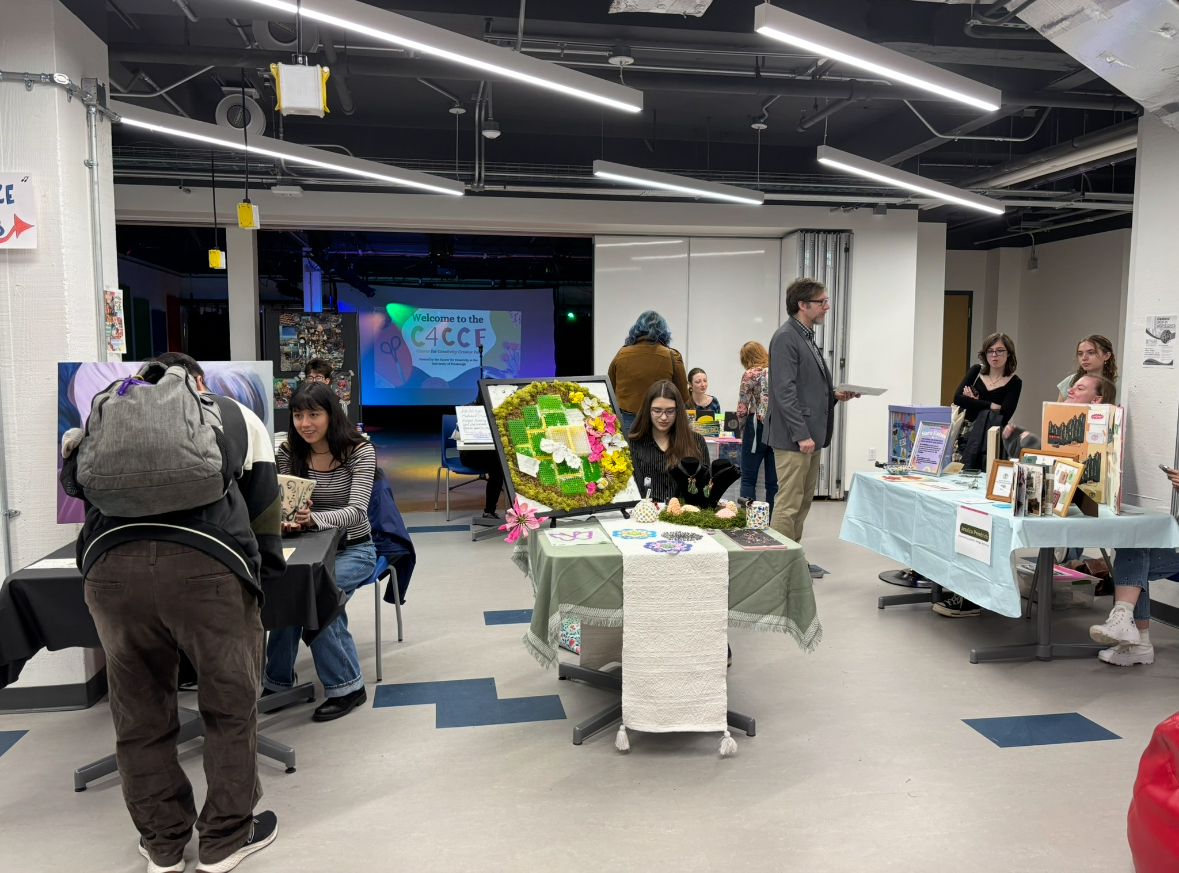SGB approves resolution
February 27, 2003
Student Government Board President Kevin Washo Jr. cast the deciding vote last night to… Student Government Board President Kevin Washo Jr. cast the deciding vote last night to approve Resolution 0014 supporting the civil rights march to the Supreme Court. This resolution was proposed in light of the University of Michigan’s affirmative action suit. However, the night led to much debate and led two people, including SGB member Andy Hutelmyer, to contemplate resigning from their positions.
The resolution, sponsored by Courtney Richardson, chair of the Multicultural Committee, and SGB members La’Tasha Mayes and Andrea DeChellis, stated that the board “supports the Civil Rights March on the Supreme Court, and the University of Pittsburgh Student Government Board Multicultural Committee will participate in the fullest extent possible to defend Brown v. Board of Education, affirmative action, integration and equality and educate the campus community about affirmative action and access to education.”
Four board members, Brandy Blasko, Liz Culliton, DeChellis and Mayes, voted in support of the resolution, and four members, Pat Creighton, Hutelmyer, Jason Somma and Brian Thomas, voted against it. This tie caused Washo to make the deciding vote.
Hutelmyer said he voted against the resolution not necessarily because he was against affirmative action; rather he did not think it was SGB’s role to vote on such a moral issue, and it did not represent the feelings of all students, though he recognized the amount of time and energy that had been put into this resolution.
“This is a dangerous resolution to be voting on because this is a personal issue,” he said. He added that he supported students who wanted to participate in the affirmative action movement. “Issues such as this shouldn’t be decided by student government.”
He suggested encouraging students to learn about affirmative action so individual students could make a decision on their own.
Culliton said that SGB could give support to groups without having a clear stance on affirmative action.
After receiving personal attacks in relation to his stance on the resolution, Hutelmyer said that his being white does not mean that he hasn’t had to work throughout his life to achieve everything that he has.
“I’m a white male, yeah. I didn’t achieve anything because I’m a white male,” he said. “I achieved it all because of my abilities.”
He added that he did not want any “freebies” because he was a white male.
Pitt student Adelaina Acosta said that Hutelmyer’s “freebies” comment offended her, adding, “I’m offended that you’d say students of color are here because of ‘freebies.'”
Hutelmyer also referenced a proposed resolution [0016] authored by a conservative Pitt group, Panthers for American Values, that SGB has not yet voted on. It suggested that the “check-boxes” for racial or ethnic information be taken off of all official University forms.
In the proposed resolution, the boxes would be removed to help create a “race-blind institution” to fulfill Martin Luther King Jr.’s vision to have a world where people would not be judged by the color of their skin.
He and Creighton sponsored the resolution. Creighton later said he would have his name taken off it before it was voted on. Hutelmyer said that every group should be represented on the board and have their opportunity to have their voice expressed, even if people, including himself, disagreed with it.
Hutelmyer said both resolutions were “ludicrous” because they represented only one side of the issue.
Mayes said that if the check boxes were taken off applications, people should just be given numbers and other factors should not be taken into account since an applicant’s background, along with race and gender, helps form who he or she is.
She also questioned why Hutelmyer would put his name on a resolution that was “ludicrous.”
Hutelmyer did not say how he felt about affirmative action during the meeting, but said that he was unfairly being called a racist.
“You don’t know me,” he told the audience as he verged on crying. “You are ignorant people. I’m ashamed to call you peers.”
He added that all people were equal in God’s eyes, but that individuals could be better at one thing than others.
Richardson said she was contemplating resignation because, “[Proposed resolution 0016] is the most racist document I’ve seen in my entire life.”
She added that it manipulated King’s words.
“The people who authored it should be ashamed of themselves,” she said.
PAV President John Martin said to Richardson that he wished they could be on more civil terms.
“I take offense that I or anyone in my organization is called racist,” he said.
Culliton questioned why SGB would have a multicultural committee that tries to address issues, including affirmative action, if they would not support them regardless of differing opinions.
“I believe that affirmative action has been very beneficial to the United States … but this resolution, as worded, contains some things I feel very uncomfortable with,” Somma said.
Somma added that the ruling in the Michigan case would neither mark the roll back of Brown vs. the Board of Education nor lead to segregation.
According to Somma, for admittance, 20 points are given to underrepresented people. This is more than are given for a 1600 on the SAT or one full point in the applicant’s GPA.
Washo said that the board has talked about this particular resolution for at least two weeks.
Washo agreed that affirmative action has been beneficial and said that anyone who did not believe that affirmative action has benefited minorities was “dead wrong.” After casting his deciding vote, he said that the resolution may not have direct impact on some students today, but it could help in the future.
“Even though it may not have a direct effect on us, it will help chip away [discrimination],” he said.
Before voting, Creighton said that regardless of how the board voted, “We are educated now.”


